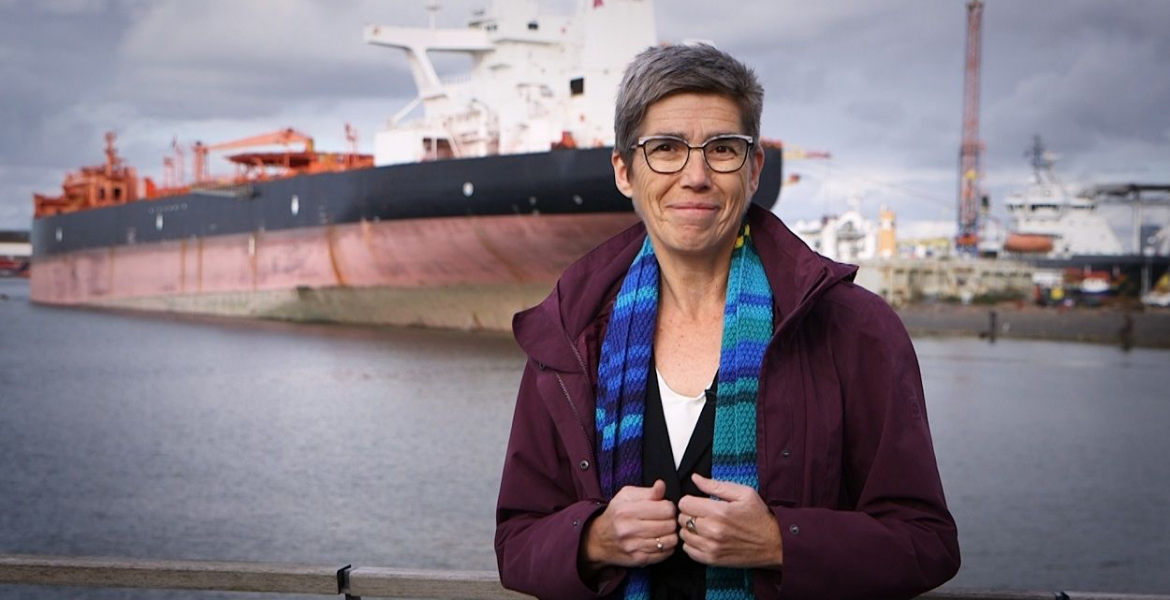The European Parliament’s Environment Committee has just voted on measures to reduce greenhouse gases in international shipping.
The decision to “amend the Regulation on monitoring, reporting and verifying carbon dioxide emissions from shipping”, also known as the “MRV Regulation”, will in future oblige large ships not only to report detailed data on their CO2 and methane emissions, but also sets a binding target for improving efficiency and extends EU emissions trading to shipping. With the cross-party adoption of the report in the Environment Committee, the course is now set for the plenary vote in September.
Rapporteur of the European Parliament and leading negotiator Jutta Paulus comments:
“The Environment Committee has today made an important contribution to achieving the Paris Climate Agreement goals! I am very pleased that a majority of MEPs support the extension of the EU ETS to maritime transport. We also agreed that half of the revenue should go to a fund that supports research and development of innovative, climate-friendly ships and co-finances nature conservation in our seas. It was important to everyone that, in addition to CO2, other climate-damaging gases, especially methane, should also be included in the monitoring programme. The ambitious efficiency target of 40% less CO2 per tonne of freight transported and nautical mile travelled will probably have the greatest effect. For this will provide a real incentive to build more economical ships – which will also operate outside the EU.”
“Today’s vote in the Environment Committee is an important step in the fight against the climate crisis. International maritime shipping is the only transport sector not subject to a binding target for reducing climate-damaging emissions, despite the fact that it is responsible for around three percent of global greenhouse gases.”
“In its present form, the MRV Regulation has done important groundwork and provided valuable data on CO2 emissions from ships. However, data alone does not reduce greenhouse gases. That is why we MEPs have gone far beyond the Commission proposal.”




